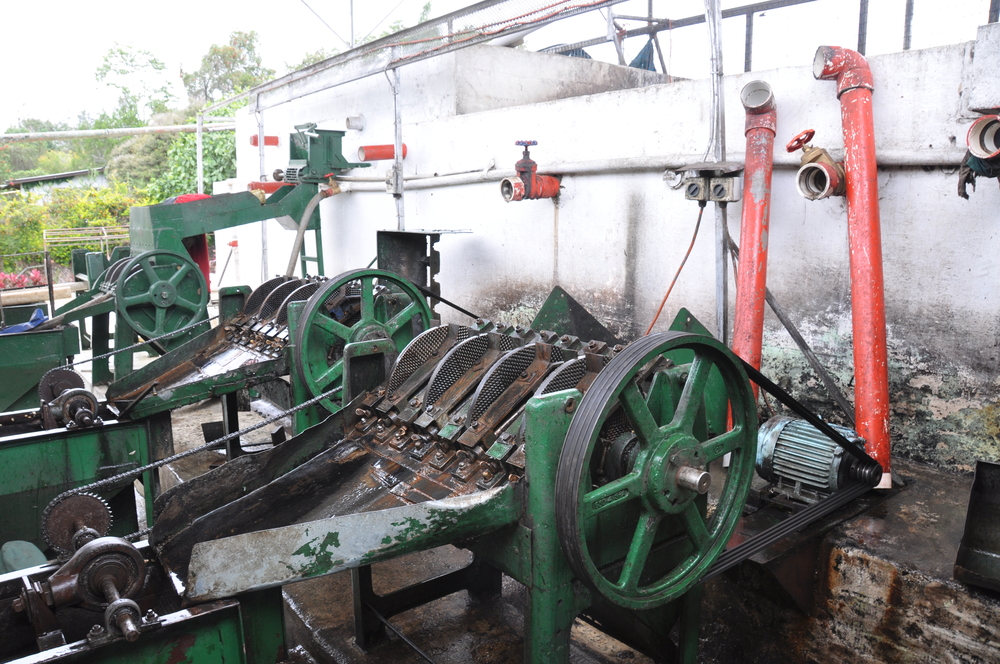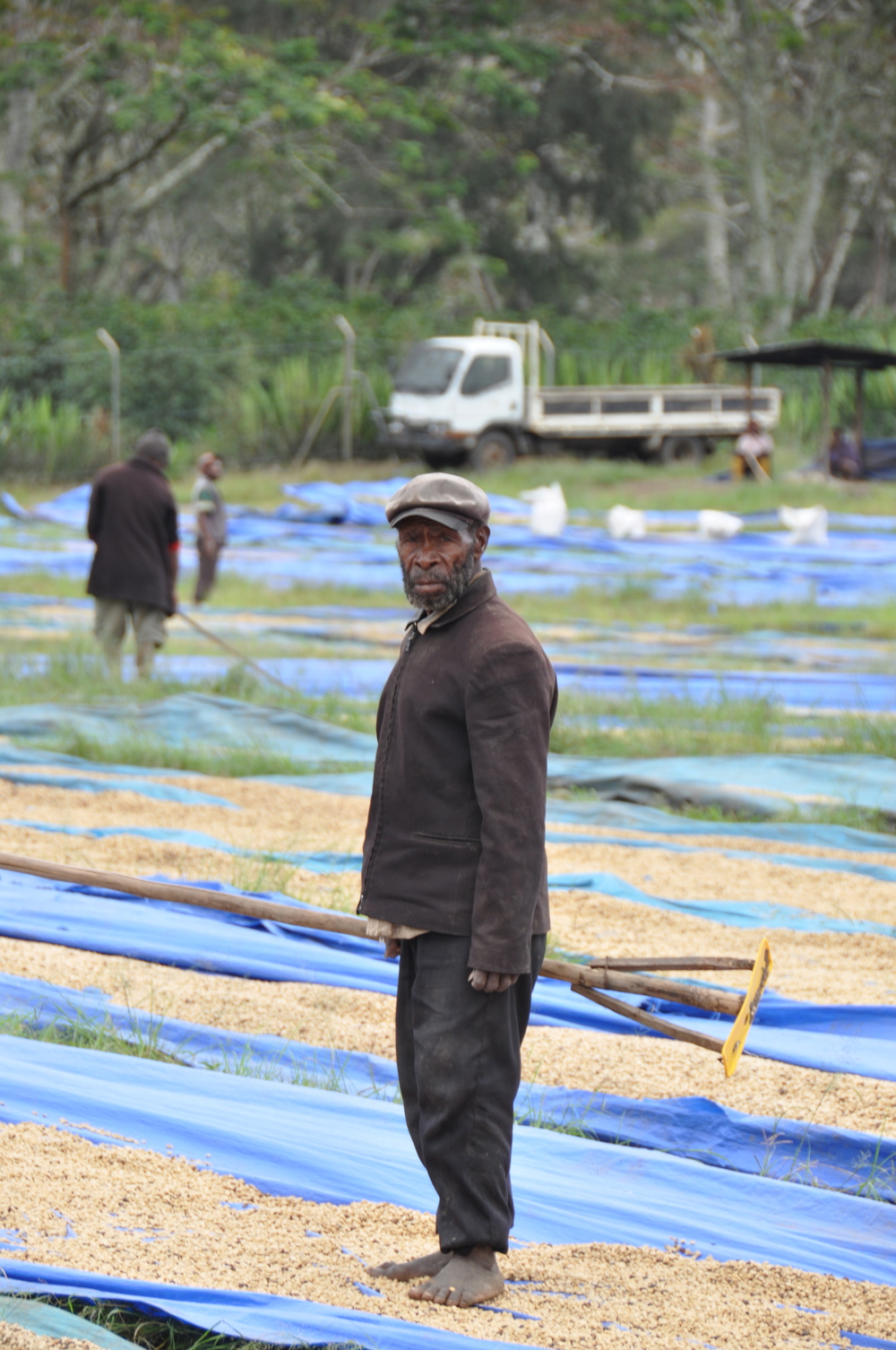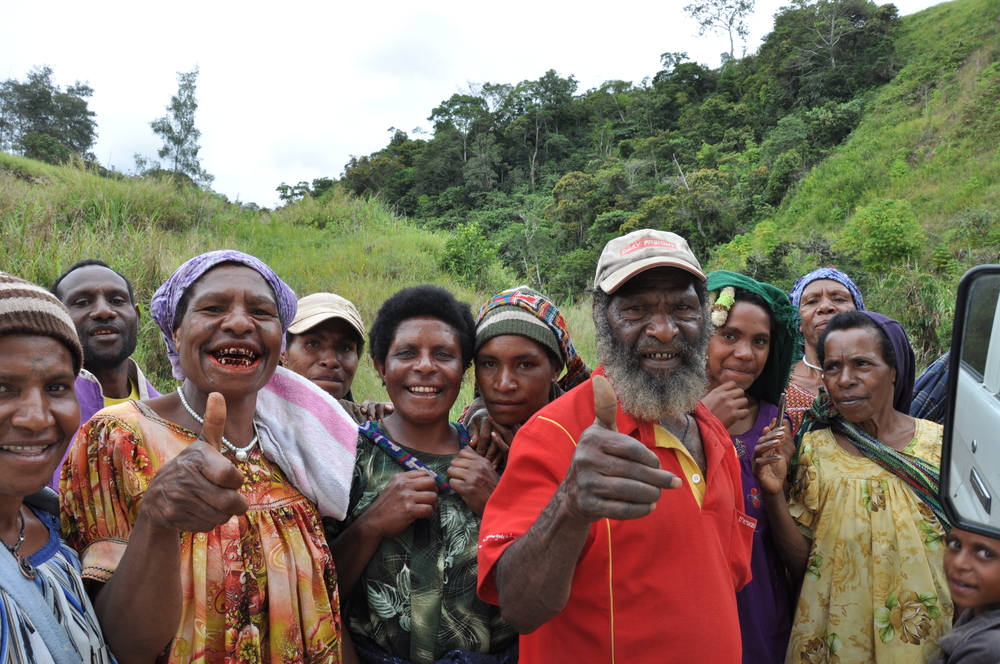We're talkin' about our new coffees all this week. A couple of days ago we told you about our Cenfrocafe. Cajamarca, Peru. And today we're headed to Papua New Guinea. As always- be sure to read up on our new menu and a few changes moving forward, then dig right into our new coffee stories. (remember you can buy these new coffees- and your other favorites online as well as in your local store location)
Coffee growing and production has been steadily improving in the region of Indonesia and Southeast Asia in recent years, and Papua New Guinea coffees have often been on the leading edge. While only representing 1% of world coffee production, much of what comes out of the country stands up well with a variety of interesting coffees coming from smaller farms and from larger Plantations in the country. This particular coffee, from the Koban Plantation in the Western Highlands, stands true to form for what many of the Plantations have to offer in coffees with clean, delicate and sophisticated character.
A little picture of the production process at Koban: Coffee is wet-milled and dry-milled on site. The wet-mill uses large disk pulpers and fermentation tanks. Coffee is then fermented for three days and is washed multiple times during the process, then dried for 5 - 7 days on blue tarps. Once off the patio, the coffee gets hulled and put in wooden conditioning-bins for a couple of weeks. This homogenizes and stabilizes moisture content in coffee and gives it an extremely nice bright-green appearance.

Again- click on images to be taken to our importer- Cafe Import's- site where we borrowed these awesome pics

The Koban Plantation coffee will hit all of our stores this week, becoming a regular feature as a batch-brew offering for a while. You can also try it as a pour-over, or take some beans home for yourself. In this particular cup, we taste a creamy, caramel body and mouthfeel with cloves and a lingering herbal aftertaste. It will prove to be a nice replacement for the El Guayabo microlot from Honduras that so many have come to enjoy. Come try it out!
A little more detail:
Farm: Koban Plantation
Region: Jiwaka Province, Western Highlands
Process: Fully washed and sun dried
Varietal: Typica, Arusha, Caturra
Elevation: 1,585 MASL


